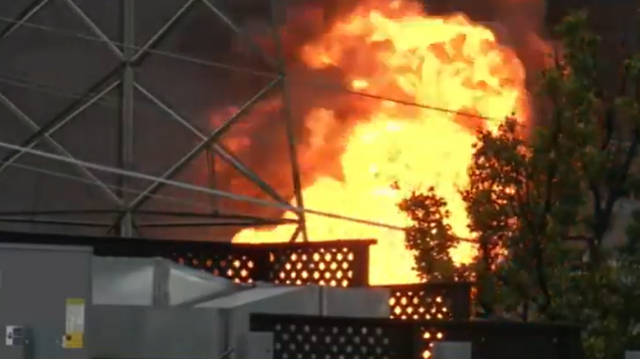Toxic Troubles: Martinez Refinery Faces Mounting Environmental Backlash

In a recent incident at the Martinez Refining Company, PBF Energy officials have pinpointed the cause of this weekend's fire to a significant hydrocarbon leak. The severity of the situation was underscored by Contra Costa County's issuance of a level 3 community warning—the highest alert level possible—signaling potential risks to local residents and surrounding areas.
The company's swift investigation revealed that the hydrocarbon leak was the primary catalyst for the unexpected blaze, raising concerns about industrial safety and emergency response protocols. As authorities continue to assess the incident, the community remains on high alert, awaiting further updates from both PBF Energy and county officials.
